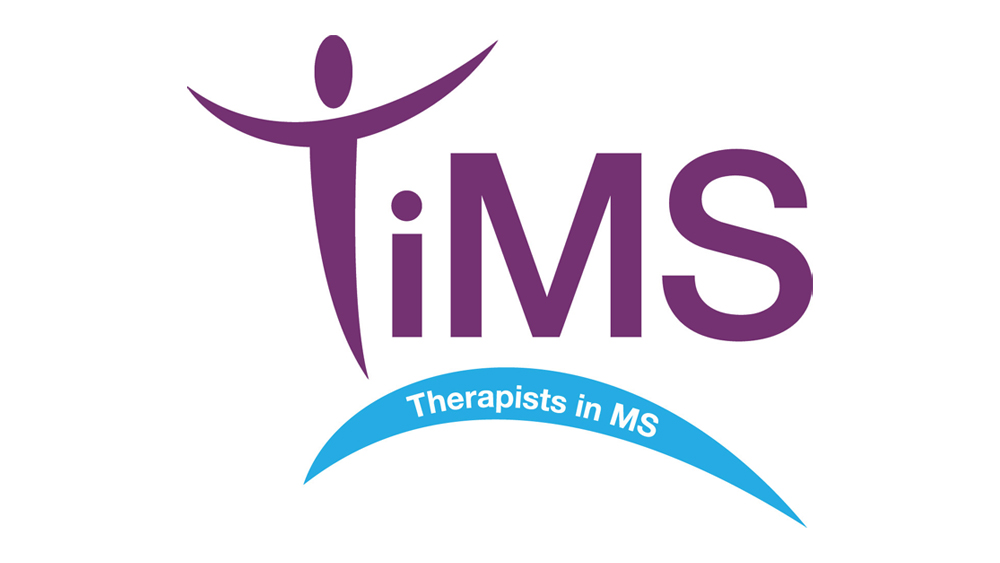A resource developed by TiMS (Therapists in MS)

A key aim of the research working group is to support and facilitate clinically relevant research. The group have worked on standardised study protocols, training days, and provide ongoing support and guidance to local novice researchers. Case studies as well as research support can be found in this section.
In 2011, the research group aimed to gain an overview of sleep disturbance management by UK MS nurses and therapists.
Sleep disturbance affects quality of life and is related to increased morbidity in MS. It is far more frequently reported in people with MS than in the general population. Management requires input from multi-disciplinary team members (mdt) and while recommended that sleep disturbance should be addressed within daily management, there is a lack of literature describing what comprises routine practice.
The first step of this ethically approved study project was to distribute a clinical survey around specific questions on sleep hygiene practise to MS nurses and allied health professionals during the MS Trust Conference.
View a sample of the sleep disturbance project survey questionnaire (PDF, 360KB)
180 delegates completed the questionnaire with a 70% response rate. Respondents worked across a range of clinical settings and a variety of interventions were being used. While most (84%) considered sleep management to be part of their role, only 10% felt confident in their knowledge about it. Relatively few used specific sleep disturbance instruments, either for assessment (33%) or to evaluate outcome (39%); 37% were not aware specific instruments were available. Perhaps unsurprisingly 49 % would value further training on this topic
In conclusion, the survey provided an initial understanding of current practice by experienced MS nurses & therapists in the UK. It suggested knowledge about sleep disturbance, particularly related to assessment instruments, may be limited.
In May 2012 an abstract of the study was published in the Multiple Sclerosis Journal 2012 18: S15-S18 entitled "Management of Sleep Disturbance: A survey of current practice in the United Kingdom (UK) (PDF, 45KB)"
In May 2012 Ewa Johnansson-Charles, part of the TiMS research group presented “Assessment and management of sleep disturbances in people with MS: a survey of clinical practice (PDF, 335KB)" at the RIMS (Rehabilitation in MS) conference in Hungry.
An innovative approach to research was undertaken wherein members of the research group developed and implemented a series of single case studies to explore the effectiveness of core stability training in people with MS with moderate disability levels. The research group facilitated by the MS Trust, co-ordinated 5 physiotherapists from 5 UK centres to each undertake 2 single case studies. A standardised study protocol, training days, and ongoing support and guidance to the local novice researchers was provided throughout the research process.
Eight individuals with stable MS, who could walk independently with or without unilateral assistance, were recruited for the project. The intervention comprised of 16 face-to-face individualised sessions lasting approximately 30 minutes. The sessions were delivered twice per week over an 8-week period, by a specialist neurological physiotherapist with experience in the delivery of core stability training to people with MS. In addition, participants carried out an individualised daily 15-minute home exercise programme. You can view the core stability exercises (PDF, 8MB) used but they should only be used by and with the supervision of a suitably qualified physiotherapist.
The basket, which is comprised of 10 exercises, was generated by specialist neurological physiotherapists through a consensus process. The exercises are designed to be appropriate for adults who can walk independently with or without use of unilateral assistance such as walking stick or orthotic brace. In the study the physiotherapists selected specific exercises from the exercise basket following a detailed assessment of each individual. Stretching was undertaken prior to or during these exercises to address any mal-alignments. Where necessary, in the first instance, clinicians facilitated the movements with a "hands on" approach, progressing to a "hands off" approach. Activation of transversus abdominis, in neutral spinal alignment, was required for each starting position. Each participant received a workbook with written and diagrammatic instructions describing their home exercise programme. Exercises were progressed, or new ones chosen, in response to the abilities of the individual over the 8 week intervention period.
The results showed visual analysis of trend, level and slope demonstrated improvement in five subjects (62%) in seven measures. This was confirmed by the two standard deviation band method of analysis for six measures. Analysis of group data (repeated measures within subjects analysis of variance) indicated significant improvement between baseline and intervention phases for timed walk (p = 0.019), MSWS-12 Scale (p = 0.041), forward (p = 0.015) and lateral reach (p = 0.012). In general, no further improvements were made following withdrawal of the intervention.
In August 2010 the abstract: The effect of core stability training on balance and mobility in ambulant individuals with multiple sclerosis: a multi-centre series of single case studies was published in the Multiple Sclerosis Journal. A description and evaluation of the process was also presented both at the MS Trust Annual Conference in 2009, and at The Chartered Society of Physiotherapy in 2010, you can view the presentation here.



